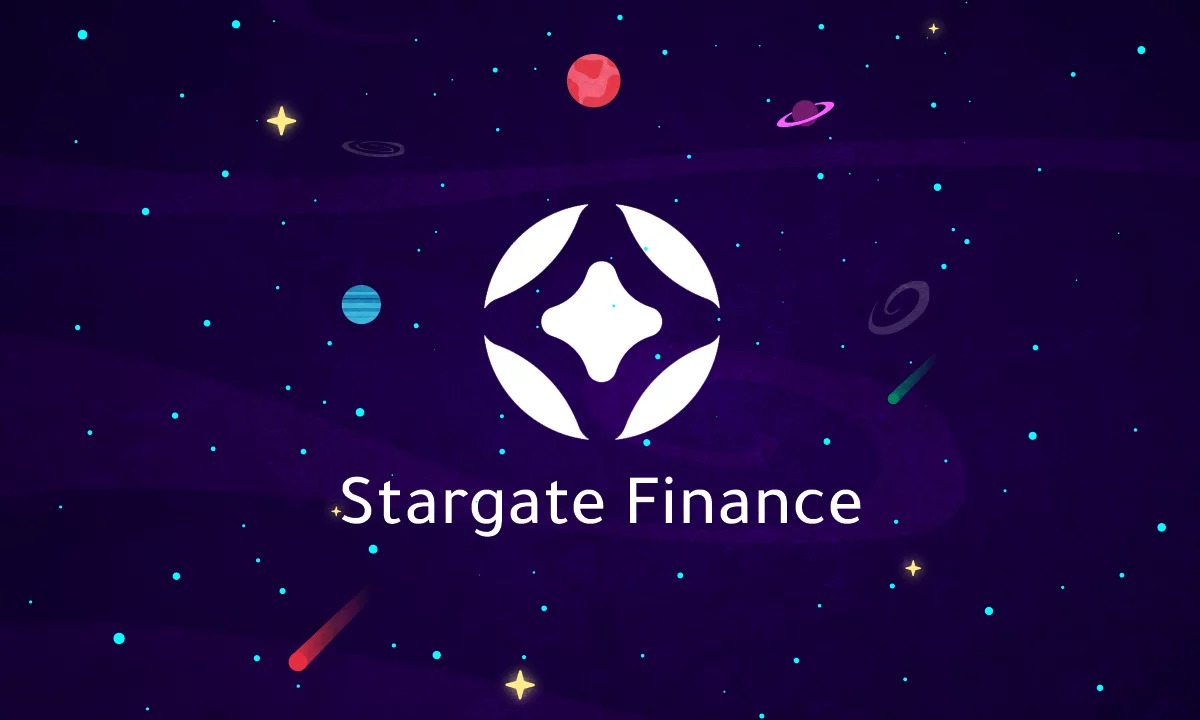Europe’s Instant Payments in Harmony: Where Traditional Wisdom Meets Innovative Thinking

Customers are becoming increasingly accustomed to instant payments through a variety of mobile services, and with similar “instant” expectations for non-mobile payments, customers and legislators are putting pressure on organizations to modernize their payments ecosystem. One of the biggest challenges these organizations face is evolving regulations surrounding payments. For example, the EU Council and Parliament approved new rules on “instant payments” and “EU AI law” in addition to the “DORA” mandate.
To modernize, remain competitive, and comply with regulations, organizations need to work with “trusted” technology partners who can help them integrate innovative solutions with traditional payment methods. A cloud-based infrastructure using IBM Cloud® for Financial Services can be the answer to ensuring the security, privacy, and flexibility you need to keep pace with these changes in your industry. Let’s take a look at the new regulations to see how IBM can support payments modernization while prioritizing resiliency, regulatory obligations, and performance for mission-critical payments workloads.
What are the key regulations driving change and what do they mean?
1. Approval of EU AI law by EU Parliament (March 2024)
EU AI law aims to harmonize the rules for AI systems across the 27 member states to protect fundamental rights, democracy, the rule of law and environmental sustainability from high-risk AI, while promoting innovation and establishing Europe as a leader in this field. . The law applies to all companies doing business in the EU and could result in fines of up to 7% of global turnover or €35 million, whichever is higher, for companies that do not control their use of AI.
EU AI law provides a much-needed framework to ensure transparency, accountability and human oversight in the development and deployment of AI technologies. Privacy and data security are key concerns related to AI in instant payment transactions. Customers are concerned about how AI systems may improperly use or process their personal and financial information.
2. EU Council’s regulatory obligations on SEPA instant payments (February 2024)
The Single Euro Payments Area (SEPA) harmonizes cashless euro payments across Europe. This will enable European consumers, businesses and public administrations to make and receive payment (credit and debit) transactions under the same basic conditions.
How is “immediately” defined in the command?
- All participants can process SEPA Instant Credit Transfer (SCT Inst) payments 24/7, strengthening infrastructure resilience.
- SEPA payments are credited to your account within 10 seconds, enabling automation and performance.
- The order requires the implementation of strong security and data privacy protections through fraud detection and fraud prevention. Examples: Beneficiary verification when processing SCT entities (overlaying information flow before approving and directing external SCT entities) and enforcement of AML and CTF sanctions.
Which countries can participate? According to the EPC, the countries currently participating in SEPA are:
What is the timeline? It is clear that banks must act quickly to comply with the new regulations.
December 2024:
- Banks in EU and Eurozone countries must support SEPA instant payment receipt.
- Banks, clearing institutions (PIs) and electronic money institutions (EMIs) can only scan entities and individuals once a day.
December 2025:
- Banks in EU and Eurozone countries must support SEPA instant payment transfers.
- Banks in EU and Eurozone countries must support International Bank Account Number (IBAN) name verification for instant payments.
December 2026:
- Banks in non-Eurozone EU countries must support SEPA instant payment receipt.
March 2027:
- PI and EMI from EU and Eurozone countries are required to support sending and receiving SEPA instant payments.
June 2027:
- Banks in non-Eurozone EU countries must support SEPA instant payment transfers.
- Banks in non-Eurozone EU countries must support IBAN name verification for instant payments.
- To support sending and receiving SEPA instant payments, you will need PI and EMI from a non-Eurozone EU country.
How is it different from a regular SEPA credit transfer?
- SCT SEPA Credit Transfers: SEPA credit transfers are processed in batches. This means that SEPA payments are sent to the bank at various times of the day. These transactions are typically included in “large batches” and submitted to clearing and settlement at the end of the business day.
- SCT Authority: SEPA Instant Payment processing occurs at the transaction level. As soon as a Payment Service Provider (PSP) recognizes (parameters to check) that a SEPA transaction is an instant payment, it processes and settles (potentially settles) the payment in real time.
3. EU Commission adopts the Digital Operations Resilience Act 2022 (DORA)
The European Commission adopted DORA to harmonize information and communications technology (ICT) regulation in the financial services sector in the European Union (EU), imposing common requirements on all EU member states in the following areas:
- ICT Risk Management and Governance
- Incident Reporting and Management
- Operational Resilience Testing
- ICT Third Party Risk Management
What is the timeline? DORA will enter into force in January 2025 for EU financial institutions and related ICT service providers.
The Way Forward: Challenges and Opportunities
Adding a new payment rail takes at least 9 months. Additionally, fees for these new instant payments must be consistent with non-instant transfers, and at a minimum, the ability to check customers against sanctions lists and match IBANs and names must be in place. beneficiary.
Due to the varying timelines of PSPs based in euro and non-euro countries, the transition presents a complex environment of regulatory, technical and operational challenges.
How can IBM help?
For organizations that have not yet taken steps to adopt instant payments, the timeline for adoption can be difficult. Payment-as-a-Service (PaaS) offerings on IBM Cloud can help you meet these timelines, avoid fines, and help financial institutions quickly and easily achieve full compliance with new regulations.
- Proven solutionUsing IBM Cloud: Optimized for regulated industries to address the complex and evolving needs of the payments industry.
- Responsible AI: IBM watsonx® products help realize the incredible potential of responsible AI by complying with the EU AI Act and upcoming laws around the world.
- Embrace and implement regulatory changes. It is the first cloud optimized for the unique needs of regulated industries with laws, DORA principles, and regulations built from the ground up, informed by the industry itself.
- Scalable 24x7x365 service with built-in resiliency: Instant payments require modern infrastructure built specifically for real-time payments. Our unwavering focus on resilience means you can deploy with confidence.
- An IBM multizone region of three data centers limits the adverse effects of failover to a single data center.
- Performance: Our platform-centric approach is open, secure, flexible, and starts where you are. Easily automate payments and manage cash across SEPA zones using your existing bank.
- Total Cost of Ownership: Hybrid cloud provides choice and performance for workloads anywhere to maximize performance across x86, Power-Cloud-Quantum.
- Collaboration and innovation through ecosystem: Deploy custom, pre-configured security and compliance controls across your enterprise and third-party ecosystem.
The upcoming EU Instant Payments Regulation will require financial institutions to ensure that their payment systems have high availability and performance suitable for processing real-time payments 24/7. While concerns about price mandates are valid, the overall value of the relationship must be considered and prompt payment is a key factor in attracting and retaining high-value business customers.
Choosing a trusted technology partner that provides cloud-based, end-to-end payment solutions can help you quickly advance your modernization initiatives. IBM Cloud provides payment solutions that include direct connectivity to instant payments networks, required regulatory and compliance updates, and pre-integrated integrations with AI and fraud solutions. Leveraging a technology partner that provides a secure, resilient cloud can lower total cost of ownership and help financial institutions prepare for current and future demands.
Modernize your payments strategy with IBM Cloud for Financial Services.
Was this article helpful?
yesno



